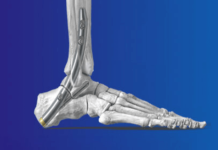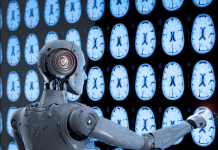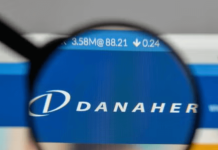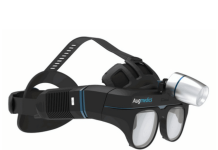InBrain Neuroelectronics announced the first human procedure using its cortical brain-computer interface (BCI) technology. The procedure took place at Salford Royal Hospital, part of the Northern Care Alliance NHS Foundation Trust in Manchester, U.K. Dr. David Coope, a neurosurgeon and chief clinical investigator, led the study with Kostas Kostarelos, the chief scientific investigator and InBrain co-founder.
Related: Exo launches SweepAI for smarter ultrasound scanning
A patient undergoing brain tumor resection received the InBrain BCI technology. The company says its BCI successfully differentiated between healthy and cancerous brain tissue with micrometer-scale precision. According to InBrain, the milestone marks a significant advancement in demonstrating the ability of graphene-based BCI technology beyond decoding and translating brain signals, to become a reliable tool for use in precision surgery in diseases such as cancer, and in neurotechnology more broadly
Coope said the BCI managed to capture brain activity in areas where traditional metals and materials struggle with signal fidelity. Graphene provides ultra-high density for sensing and stimulating, he says. That proves critical for high-precision resections while preserving the patient’s functional capabilities, like movement, language or cognition.
“The world’s first human application of a graphene-based BCI highlights the transformative impact of graphene-based neural technologies in medicine. This clinical milestone opens a new era for BCI technology, paving the way for advancements in both neural decoding and its application as a therapeutic intervention,” said Carolina Aguilar, CEO and co-founder of InBrain Neuroelectronics.




